March 19, 2025 | 11:56 GMT +7
March 19, 2025 | 11:56 GMT +7
Hotline: 0913.378.918
March 19, 2025 | 11:56 GMT +7
Hotline: 0913.378.918

Cattle walk along an illegally deforested area in an extractive reserve near Jaci-Parana, Rondonia state, Brazil, July 12, 2023.
The next United Nations climate conference, COP30, will be held in Belem, the capital of an Amazon region where widespread deforestation mainly driven by cattle farming has turned the surrounding rainforest from a vital carbon sink into a significant carbon source.
Now a new report concludes around 80% of Brazil’s leading beef and cow leather companies and their financiers have made no commitments to stop deforestation.
The study, released Wednesday by the environmental nonprofit group Global Canopy, highlights the country´s most influential beef and leather producers and processors along with financial institutions that have supported them with $100 billion. This amount is one-third of the annual funding that wealthy nations pledged to provide for climate finance in developing countries during COP29 last month in Baku, Azerbaijan.
“Although cattle is the single most influential commodity for deforestation and linked greenhouse gas emissions, the report ... reveals a picture of staggering inaction from corporates and financial institutions alike in Brazilian supply chains,” the study said.
The record is poor even among companies that commit to halting deforestation, such as JBS, according to the report. The giant meatpacker is one of the few to make such commitments and one of only two to have a system for tracing cattle all the way to the production unit. Yet the report ranks the company as the most likely to be buying cattle and cow leather from recently deforested land.
This assessment of deforestation risk is based on the number of cattle bought from ranchers in each Brazilian municipality and its deforestation rate. Meatpackers buying from high-deforestation areas are more likely to source from recently cleared land than those buying from low-deforestation areas. The methodology was created by Do Pasto ao Prato, an independent Brazilian consumer app that aims to increase transparency in the livestock sector.
“Commitments are critical as one of the first steps a company takes to address deforestation,” Emma Thomson, one of the coauthors, told The Associated Press. “But it has to be followed by effective implementation and by monitoring suppliers and indirect suppliers for compliance with those standards. It has to have effective traceability mechanisms and transparent reporting on the progress that is — or isn´t — being made.”
Besides JBS, the report lists three processing companies with units based in Para state as likely to be buying cattle and cow leather from recently deforested land: Mercurio, Mafrinorte and Frigol.
In a written response, JBS said the study’s methodology provides a simplistic and inaccurate assessment of deforestation risk, ignoring factors such as corporate policies, sustainable procurement systems and exclusion of noncompliant suppliers.
The company said that since 2009 it has maintained a system to ensure suppliers meet socio-environmental criteria. “The companies that have made significant progress in their controls end up being criticized, and their transparency is used not as an incentive but as a penalty,” it said.
Mercurio, Mafrinorte and Frigol didn´t reply to requests for comment.
Global Canopy´s report was funded by the Bezos Earth Fund. Do Pasto ao Prato is financed by Norway’s International Climate and Forest Initiative.
The state of Para harbors Brazil´s second largest cattle herd, with 25 million animals — and 35% of its territory is cleared, an area slightly smaller than Syria. As a result, it ranks first in greenhouse gas emissions among Brazilian states. A landmark study published in the journal Nature in 2021 found that the eastern Amazon, where Para is located, has ceased to function as a carbon sink, or absorber, for the Earth, due to widespread deforestation and climate change.
Niki Mardas, executive director of Global Canopy, said there will be an update to Wednesday’s baseline report in the runup to COP30 next November, when all eyes will be on the Amazon. “This isn’t a fixed picture. This is a call to action.”
(AP)
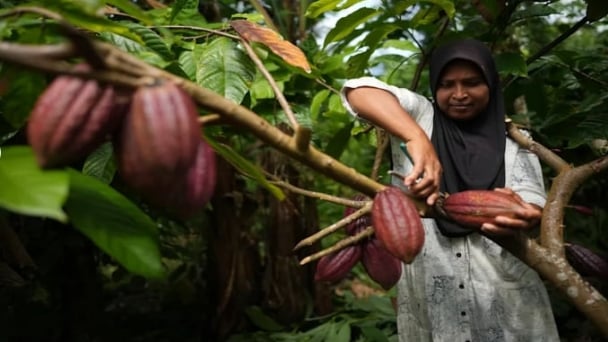
(VAN) The loud whirr of a chainsaw sounds through the forest as a small group of farmers gathers around a tree filled with red seed pods. With one slow stroke, a severed knobby branch hits the ground.
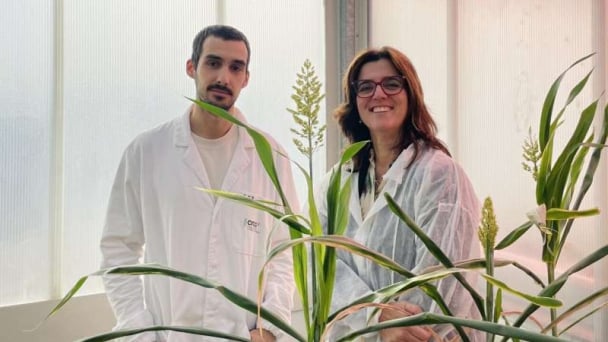
(VAN) The importance of this cereal lies in its role in the future of human and animal nutrition, providing a sustainable alternative for areas facing water scarcity.
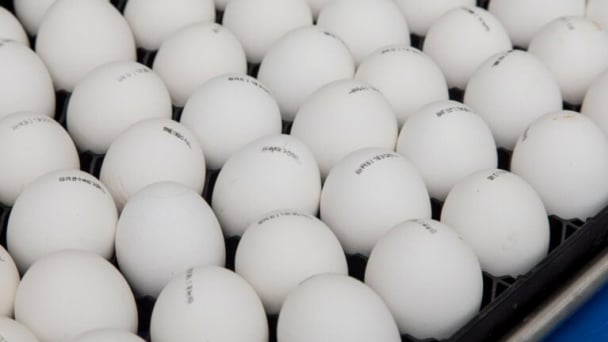
(VAN) Russian poultry farmers are complaining of a lack of hatching eggs as a result of the recent bird flu outbreaks in Europe which have disrupted supplies. Some hopes are pinned on the growth in production of the local Smena-9 crossbreed.
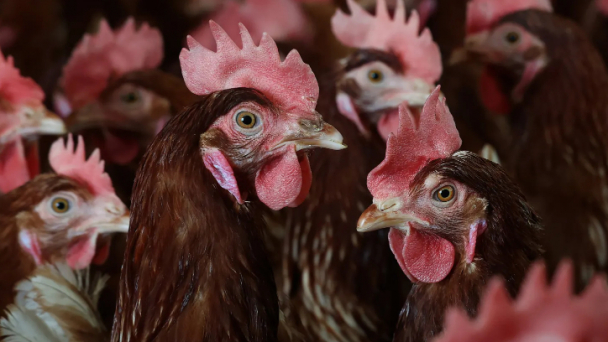
(VAN) Shoppers used to picking up the cheapest eggs at the grocery store may now be reaching for higher-end cartons.
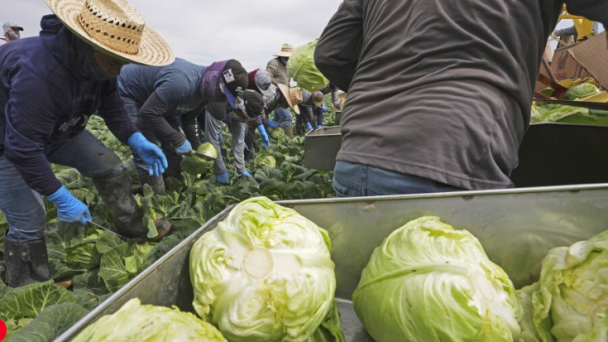
(VAN) Corn and soybean prices for this year’s harvest already fell roughly 10% since the tariffs were first announced a couple of weeks ago.
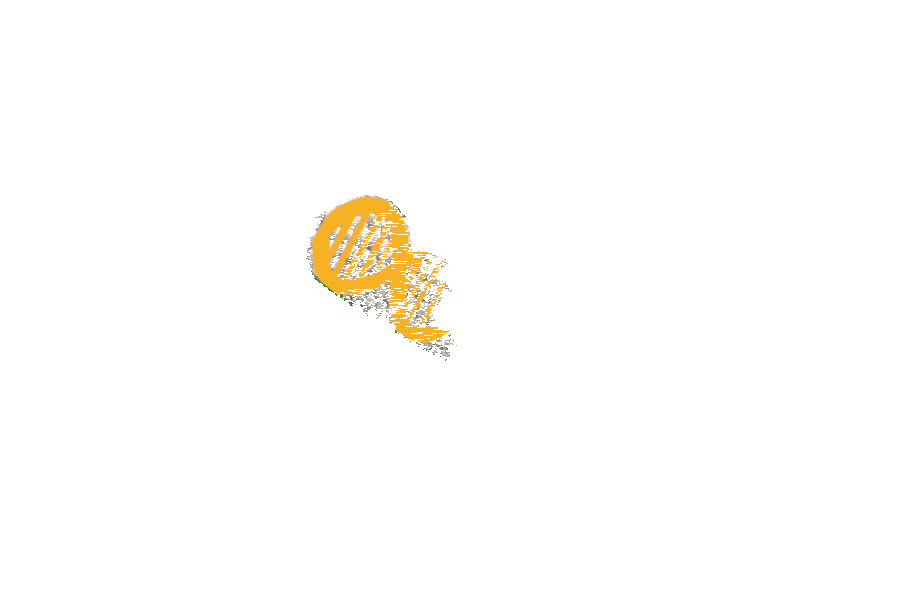
(VAN) There’s nothing inherently unsafe about genetically modified foods. It’s the potential herbicide exposure that should give you pause.
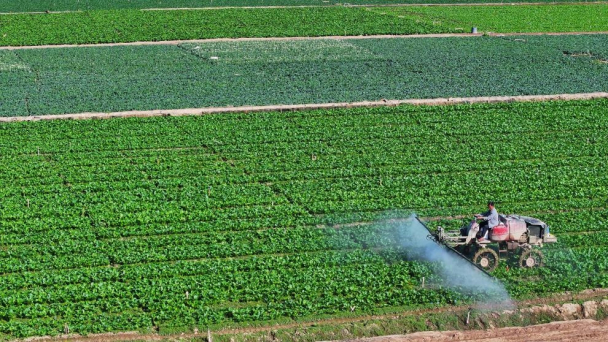
(VAN) China will focus on increasing per-unit yields of grain by expanding projects aimed at improving these yields and intensifying the promotion of high-yield and efficient production models.